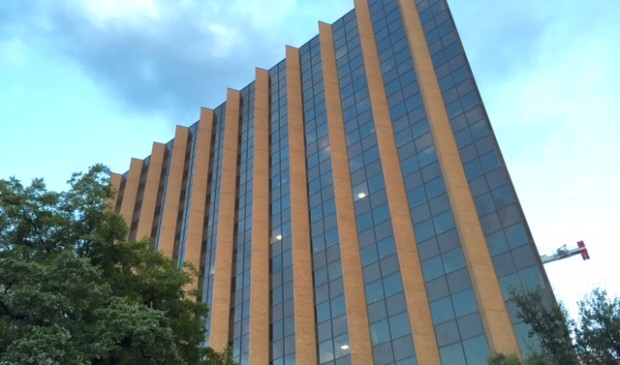Court makes move toward public defender’s office
Wednesday, January 9, 2019 by
Ryan Thornton No final decision has been made on the creation of a Travis County public defender’s office, but the Commissioners Court demonstrated firm support for the idea in Tuesday morning’s voting session.
Gathering momentum after a rocky start, the court finalized a 14-member indigent legal services workgroup on Dec. 4, 2018. Tuesday morning, at the request of Justice Planning, the court unanimously approved a transfer of $38,000 from the fiscal year 2019 allocated reserve to allow the group to begin its work.
The ILS group was established at the recommendation of the Texas Indigent Defense Commission to advise the court on a potential public defender’s office and on ways to improve managed assigned counsel. While the court had previously earmarked $400,000 for the group, none of the funds are guaranteed until approved by the commissioners. The remaining $362,000 will continue as an earmark in case further expenses are incurred during the fiscal year.
Justice Planning will use the $38,000 to pay for the services of a meeting facilitator – Michael Young, the chief public defender of Bexar County – and various other subject matter experts. The group held its first meeting on Dec. 10 and will meet weekly throughout January and February.
The unanimous support for the transfer came as a bit of a surprise in light of Commissioner Gerald Daugherty’s consistent opposition to the creation of a public defender’s office. While the court is in agreement that improvements to indigent defense are necessary, Daugherty has maintained the opinion that a public defender’s office – estimated to add $3.5 million to the county’s annual costs when TIDC funding expires after the initial four years – is not a fiscally responsible solution to the problem. Nonetheless, he agrees that the excessive number of cases currently on the shoulders of the Capital Area Private Defender Service limits the organization’s ability to provide proper indigent defense.
If created, the public defender’s office would only handle 30 percent of misdemeanor and noncapital felony cases, potentially leaving CAPDS with 70 percent of cases and limited county dollars to take them on. In addition to the costs associated with the public defender’s office, the ILS group’s mission of finding ways to improve managed assigned counsel could lead to more funding for the private bar as well.
“I have openly said I think that a public defender’s office will represent people better. I just don’t think that we have the money to create the public defender’s office and … to give people more money to represent people,” Daugherty said.
County Judge Sarah Eckhardt acknowledged Daugherty’s reservations about the financial impact of these measures. Still, she cited an increase in the average number of days defendants spend at the county jail, “less than stellar outcomes” for the indigent, and the growing costs of indigent defense as reasons for their importance in Travis County. Without funding from the state, Eckhardt said, the operations of the ILS group to address these concerns are essential.
Ekchardt also said that the addition of a public defender office would likely have a positive effect on the private defense bar, which may ease the county’s burden of funding managed assigned counsel. “We do have a wonderful private defense bar; we pay them really crappy for representing our indigents and that definitely has an effect,” Eckhardt said.
Although Daugherty had declared his wish to vote against the transfer of funds, he changed his mind by the time the motion came up for a vote. Despite his reservations, Daugherty expressed support for the court’s efforts to create a better situation for those who need it most.
After confirming Daugherty’s vote, Eckhardt thanked him for his partnership. “I can’t tell you how deeply I appreciate a unanimous court on this exploration, because we’re all looking for the right balance,” she said.
The Austin Monitor’s work is made possible by donations from the community. Though our reporting covers donors from time to time, we are careful to keep business and editorial efforts separate while maintaining transparency. A complete list of donors is available here, and our code of ethics is explained here.
You're a community leader
And we’re honored you look to us for serious, in-depth news. You know a strong community needs local and dedicated watchdog reporting. We’re here for you and that won’t change. Now will you take the powerful next step and support our nonprofit news organization?











